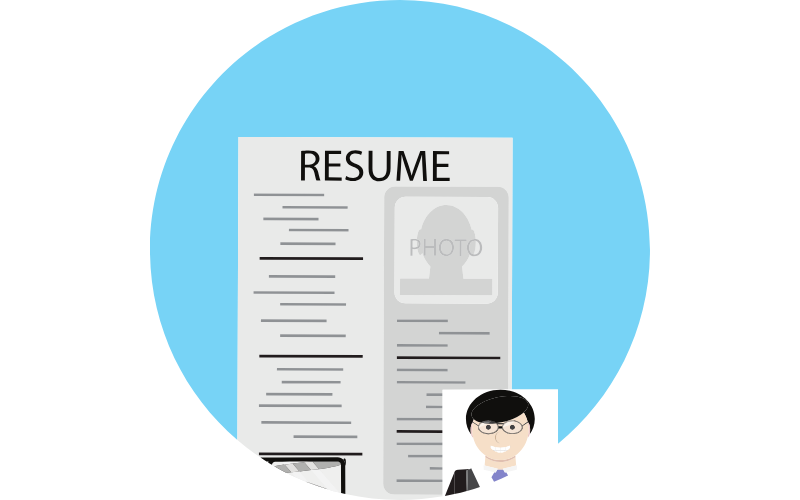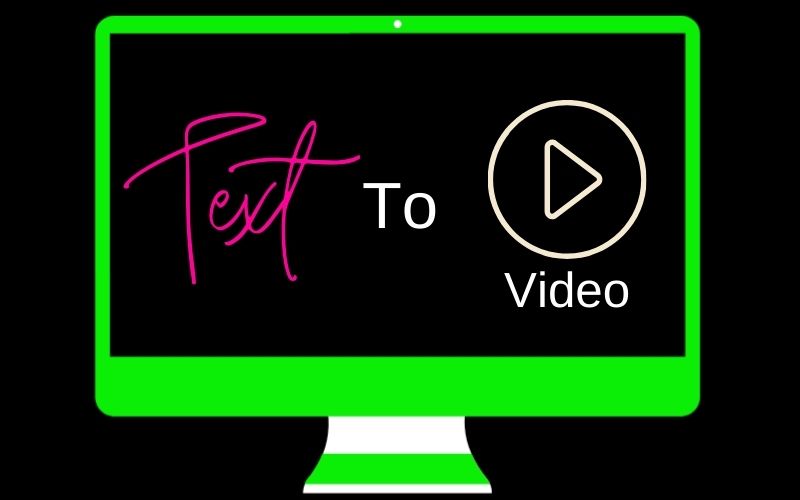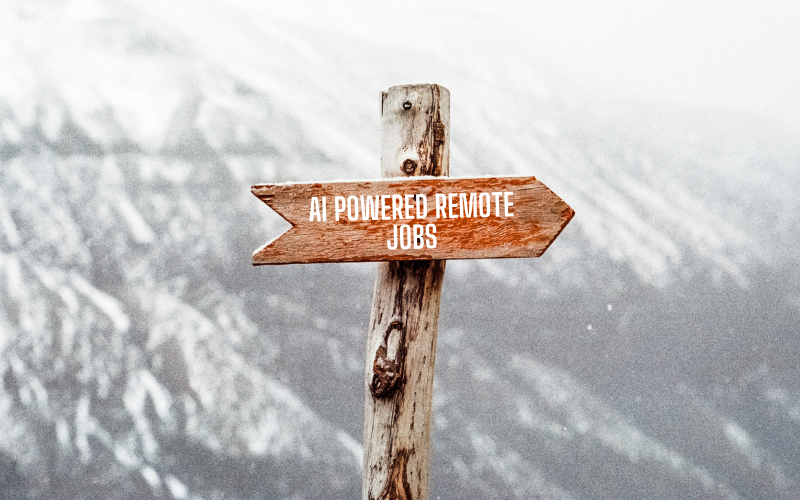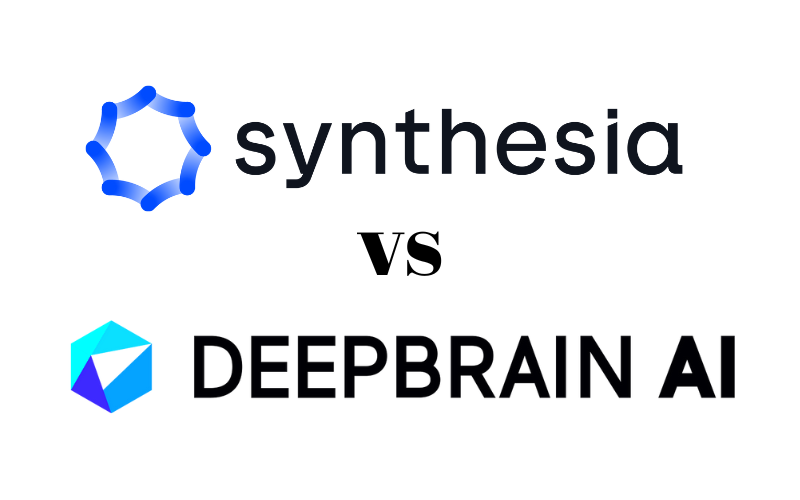In the current digital age, the job market has become increasingly competitive, especially when it comes to remote positions. With the rise of artificial intelligence (AI), job seekers must adapt by mastering the art of landing remote jobs with AI-optimized resumes. Gone are the days of traditional resumes; now, candidates need to leverage technology to increase their chances of standing out. Understanding the importance of AI-optimized resumes is crucial in today’s job search landscape.
One of the key elements of an AI-optimized resume is keyword optimization. AI algorithms scan resumes for specific keywords and phrases that match the job description, allowing employers to filter through hundreds or even thousands of applications efficiently. Therefore, job seekers must tailor their resumes to include relevant keywords. By conducting thorough research on the position and company, candidates can identify and incorporate the appropriate keywords throughout their resume, increasing the likelihood of catching the attention of AI screening tools.
In addition to keyword optimization, formatting and structure play a vital role in AI-optimized resumes. AI algorithms prefer well-organized resumes with clear sections, headings, and bullet points. Using headings that accurately describe the content within each section allows the AI system to navigate through the resume effortlessly. Furthermore, bullet points aid in conveying information concisely and highlight key achievements, skills, and qualifications. A visually appealing layout with consistent formatting helps captivate the reviewer’s attention and creates a positive first impression, both for AI algorithms and human recruiters.
Another crucial aspect of landing remote jobs with AI-optimized resumes is showcasing remote work skills. With the increasing popularity of remote work arrangements, it is essential for candidates to demonstrate their proficiency in remote work tools, time management, self-motivation, and communication. Job seekers can mention their experience working in virtual teams, utilizing project management software, or using communication tools such as Slack or Zoom. By highlighting these remote work skills, candidates demonstrate the ability to excel in remote environments, making their resumes more appealing to both AI screening systems and hiring managers.
Leveraging AI tools and platforms can significantly enhance resume optimization. These tools offer insights and recommendations to improve the overall effectiveness of the resume. For instance, some AI platforms analyze the resume’s content, formatting, and keywords, providing suggestions for improvement. Additionally, AI-powered resume builders enable candidates to create well-structured resumes quickly. By utilizing these AI tools and platforms, job seekers gain a competitive edge by ensuring their resumes are tailored to meet the specific requirements of AI screening systems.

Table of Contents
ToggleKey Elements of an AI-Optimized Resume
In today’s digital landscape, landing remote jobs has become highly competitive. With the advancement of technology, artificial intelligence (AI) has become an integral part of the hiring process. Employers are increasingly relying on AI-powered systems to screen resumes and identify the most qualified candidates. To stay ahead of the game, job seekers need to master the art of creating AI-optimized resumes. Here, we explore the key elements of an effective AI-optimized resume.
1. Keywords: One of the crucial aspects of an AI-optimized resume is incorporating relevant keywords. AI algorithms scan resumes for specific keywords related to the job description. Including industry-specific terms, technical skills, and qualifications can significantly increase the chances of your resume being shortlisted by AI systems. Research the job requirements and tailor your resume accordingly to incorporate the most relevant keywords.
2. Structured Formatting: AI systems rely on structured data to analyze resumes effectively. Therefore, it is important to use a clean and well-structured format that allows AI algorithms to extract information accurately. Utilize headings, bullet points, and sections to organize your resume, ensuring that it is easily scannable by AI systems. Clearly highlight your skills, experiences, and achievements to make them stand out to the AI scanning process.
3. Clear and Concise Content: AI systems prefer resumes with clear and concise content. Avoid lengthy paragraphs and unnecessary details that can confuse the algorithms. Instead, focus on presenting your qualifications, experiences, and achievements in a succinct manner. Use action verbs to describe your accomplishments and quantify your results whenever possible. By keeping your content concise, you increase the chances of your resume being understood and selected by AI algorithms.
4. ATS Compatibility: An AI-optimized resume should also be compatible with Applicant Tracking Systems (ATS). These systems are used by many employers to streamline the hiring process. To ensure your resume passes the ATS screening, avoid using excessive formatting elements such as tables, graphics, or complex layouts. Stick to simple and commonly-used file formats such as .docx or .pdf to increase compatibility.
5. Relevant Skills and Experiences: When creating an AI-optimized resume, it is essential to highlight your most relevant skills and experiences. AI algorithms are designed to identify specific qualifications outlined in the job description. Tailor your resume to match the required skills and experiences, incorporating specific examples that demonstrate your expertise. This will help you stand out among other candidates and increase your chances of landing a remote job.
Strategies for Mastering the Art of Tailoring Resumes for AI
When it comes to landing remote jobs, mastering the art of tailoring resumes for AI can greatly increase your chances of success. With the rise of artificial intelligence in the recruitment process, it has become crucial for job seekers to optimize their resumes to match the criteria and preferences of AI algorithms. By incorporating the right strategies, you can ensure that your resume stands out from the competition and captures the attention of both AI systems and hiring managers.
One of the key strategies for tailoring resumes for AI is understanding and utilizing relevant keywords. AI algorithms scan resumes for specific keywords that are often related to job requirements, skills, and qualifications. To optimize your resume, carefully review the job description and identify the keywords that align with your experience and expertise. Incorporate these keywords naturally throughout your resume, including in your professional summary, skills section, and work experience descriptions. This will increase the chances of your resume being selected by AI systems for further consideration.
In addition to keywords, formatting is another important aspect to consider when optimizing your resume for AI. AI algorithms rely on a structured format to extract information efficiently. This means that using standard headings and sections, such as work experience, education, and skills, can help the AI system understand and categorize the content of your resume more effectively. Avoid using complex templates or unconventional layouts that may confuse AI algorithms. Keep the formatting clean and straightforward to ensure maximum compatibility with AI systems.
Another effective strategy is to quantify your achievements and skills wherever possible. AI algorithms not only scan for keywords but also analyze the impact and accomplishments associated with those keywords. To make your resume stand out, include specific details and metrics that demonstrate your achievements and successes in previous roles. For example, instead of simply stating that you “increased sales,” quantify it by saying you “increased sales by 20% within six months.” This not only provides the AI algorithm with valuable data but also captures the attention of hiring managers who are looking for tangible results.
Lastly, regular updates and optimization of your resume are crucial. AI algorithms are constantly evolving, and what may have worked a few months ago may no longer be effective. Stay informed about the latest trends and advancements in AI recruitment technology. Pay attention to the keywords, formats, and preferences that AI algorithms favor and adjust your resume accordingly. Regularly reviewing and updating your resume ensures that it remains relevant and competitive in the ever-changing world of AI-driven job applications.

How to Showcase Remote Work Skills in Your AI-Optimized Resume
As remote work continues to gain popularity, it’s becoming increasingly important to highlight your remote work skills in your resume. With the help of AI-optimized resumes, you can effectively showcase your remote work experience, skills, and abilities to prospective employers. In this article, we will explore some strategies to master the art of showcasing remote work skills in your AI-optimized resume.
First and foremost, it’s crucial to tailor your resume to the specific job you’re applying for. This means carefully reviewing the job description and identifying the key skills and qualifications required. Once you have a clear understanding of the employer’s expectations, you can effectively highlight your remote work skills that align with those requirements.
One effective strategy is to include a dedicated “Remote Work Experience” section in your resume. In this section, you can outline your previous remote work roles, the duration of remote work experience, and any notable achievements or responsibilities. Be sure to emphasize your ability to work independently, manage time effectively, and collaborate with virtual teams.
In addition to a separate section, it’s also important to incorporate remote work skills throughout your resume. Use bullet points to list specific remote work skills such as effective communication, self-motivation, and problem-solving. You can also highlight your experience with remote collaboration tools and project management software.
Besides skills, it’s essential to showcase your achievements and results from remote work. If you have successfully completed projects or exceeded targets while working remotely, mention them in your resume. Quantify your accomplishments where possible, such as mentioning the percentage increase in productivity or the number of satisfied clients you managed remotely.
Another effective way to showcase your remote work skills is by including relevant remote work certifications or training programs you have completed. This demonstrates your commitment to continuous learning and development in the remote work environment.
When optimizing your resume for AI, make sure to use relevant keywords related to remote work. AI algorithms often scan resumes for specific keywords to match job requirements. It’s important to research industry-specific keywords related to remote work and incorporate them organically throughout your resume.
To further optimize your resume, leverage AI tools and platforms that can help you analyze and improve your resume’s effectiveness. These tools can provide valuable feedback on content, format, and overall impact. They can also identify potential areas for improvement and provide recommendations to make your resume stand out in the competitive job market.
Leveraging AI Tools and Platforms for Resume Optimization
When it comes to landing remote jobs, having an AI-optimized resume is crucial. With the increasing use of artificial intelligence in the hiring process, job seekers need to understand how to effectively leverage AI tools and platforms to optimize their resumes and stand out from the competition.
One of the key benefits of using AI tools for resume optimization is the ability to tailor your resume to specific job descriptions. AI-powered platforms can analyze job descriptions and provide insights on keywords and skills that are highly relevant to the role. By incorporating these keywords and skills into your resume, you can increase your chances of getting noticed by hiring managers and recruiters.
Additionally, AI tools can help in formatting and structuring your resume. These tools can analyze the content of your resume and provide suggestions on how to improve its overall readability and organization. From suggesting the best font and font size to recommending the most effective section headings, AI tools can help ensure that your resume looks polished and professional.
Another advantage of leveraging AI tools for resume optimization is the ability to receive personalized feedback. These tools can analyze your resume and provide specific recommendations on areas that need improvement. Whether it’s the use of certain phrases or the inclusion of additional skills, AI tools can provide valuable insights to help you enhance your resume.
Furthermore, AI-powered platforms can assist in the customization of your resume for different roles and industries. By analyzing job postings and industry trends, these platforms can provide guidance on how to modify your resume to highlight the most relevant skills and experiences for a particular job. This level of customization can significantly increase your chances of landing remote jobs in different sectors. You can learn Expert tips on how to Improve your Resume
Lastly, AI tools and platforms can also help in optimizing the visual appeal of your resume. They can recommend appropriate colors, fonts, and layouts that align with industry standards and best practices. A visually appealing resume can capture the attention of hiring managers and create a positive first impression.

Wrapping up
Employing AI-optimized resumes has become increasingly critical in the competitive landscape of remote job hunting. As remote work continues to grow in popularity, job seekers must adapt their strategies to stand out from the crowd. Throughout this article, we explored the importance of AI-optimized resumes and the key elements involved in crafting one. Additionally, we provided strategies to assist individuals in mastering the art of tailoring resumes for AI and showcased how to highlight remote work skills effectively. To further enhance the optimization process, leveraging AI tools and platforms can provide an added advantage in securing remote job opportunities.
In today’s digital age, AI-powered resume screening and applicant tracking systems have become a standard part of the hiring process. These technologies help employers narrow down the pool of applicants and identify candidates who possess the specific skills and qualifications they are seeking. Consequently, job seekers must understand the importance of optimizing their resumes for AI. By doing so, they can increase their chances of getting noticed by both human recruiters and automated systems.
To create an AI-optimized resume, several key elements need to be considered. First, job seekers should carefully select relevant keywords and incorporate them throughout their resume. These keywords should align with the job description and industry requirements, helping to enhance the document’s visibility in AI scans. Additionally, job seekers should format their resume using clear headings, bullet points, and subheadings to ensure easy readability for both humans and AI algorithms.
Tailoring resumes for AI requires a strategic approach. Job seekers should begin by thoroughly analyzing the job posting and identifying the specific skills, qualifications, and experiences that the employer is seeking. By aligning their resume with these requirements, applicants can increase their chances of getting noticed by AI systems. It is also important to use industry-specific jargon and metrics to showcase relevant achievements and demonstrate one’s suitability for the position.
Highlighting remote work skills is essential for those seeking remote job opportunities. Employers often look for candidates with strong self-motivation, communication, and time management skills. When tailoring a resume for remote job applications, it is crucial to emphasize these skills and provide examples of previous remote work experience. This can be achieved through bullet points, specific project descriptions, and quantifiable results achieved while working remotely.
Leveraging AI tools and platforms can significantly streamline the resume optimization process. These tools can help job seekers identify keywords, analyze job postings, and even provide feedback on the overall effectiveness of their resume. By utilizing AI tools, individuals can ensure that their resume aligns with industry standards and stands out from the competition. Popular AI platforms such as Jobscan, Rezi, and ResumeWorded can provide valuable insights and suggestions for improving and optimizing resumes effectively.
In conclusion, mastering the art of landing remote jobs with AI-optimized resumes is crucial in today’s competitive job market. Job seekers must understand the importance of creating resumes that cater to both human and AI recruiters. By incorporating key elements, such as relevant keywords and clear formatting, individuals can increase their chances of getting noticed by AI-powered applicant tracking systems.
Additionally, tailoring their resumes to highlight remote work skills and leveraging AI tools and platforms can provide a competitive edge. By adopting these strategies, job seekers can improve their chances of securing remote job opportunities and advancing their careers in the digital era.You craft an impressive resume by integrating AI and implement Expert tips on how to Improve your Resume









